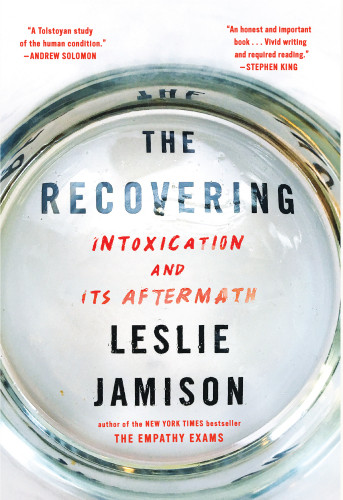

Most ebook files are in PDF format, so you can easily read them using various software such as Foxit Reader or directly on the Google Chrome browser.
Some ebook files are released by publishers in other formats such as .awz, .mobi, .epub, .fb2, etc. You may need to install specific software to read these formats on mobile/PC, such as Calibre.
Please read the tutorial at this link: https://ebookbell.com/faq
We offer FREE conversion to the popular formats you request; however, this may take some time. Therefore, right after payment, please email us, and we will try to provide the service as quickly as possible.
For some exceptional file formats or broken links (if any), please refrain from opening any disputes. Instead, email us first, and we will try to assist within a maximum of 6 hours.
EbookBell Team

4.7
56 reviewsLeslie Jamison deftly excavates the stories we tell about addiction - both her own and others' - and examines what we want these stories to do and what happens when they fail us. All the while, she offers a fascinating look at the larger history of the recovery movement, and at the complicated bearing, that race and class have on our understanding of who is criminal and who is ill. At the heart of the book is Jamison's ongoing conversation with literary and artistic geniuses whose lives and works were shaped by alcoholism and substance dependence, including John Berryman, Jean Rhys, Billie Holiday, Raymond Carver, Denis Johnson, and David Foster Wallace, as well as brilliant lesser-known figures such as George Cain, lost to obscurity but newly illuminated here.
Through its unvarnished relation of Jamison's own ordeals, The Recovering also becomes a book about a different kind of dependency: the way our desires can make us all, as she puts it, "broken spigots of need." It's about the particular loneliness of the human experience-the craving for love that both devours us and shapes who we are. For her striking language and piercing observations, Jamison has been compared to such iconic writers as Joan Didion and Susan Sontag, yet her utterly singular voice also offers something new. With enormous empathy and wisdom, Jamison has given us nothing less than the story of addiction and recovery in America writ large, a definitive and revelatory account that will resonate for years to come.